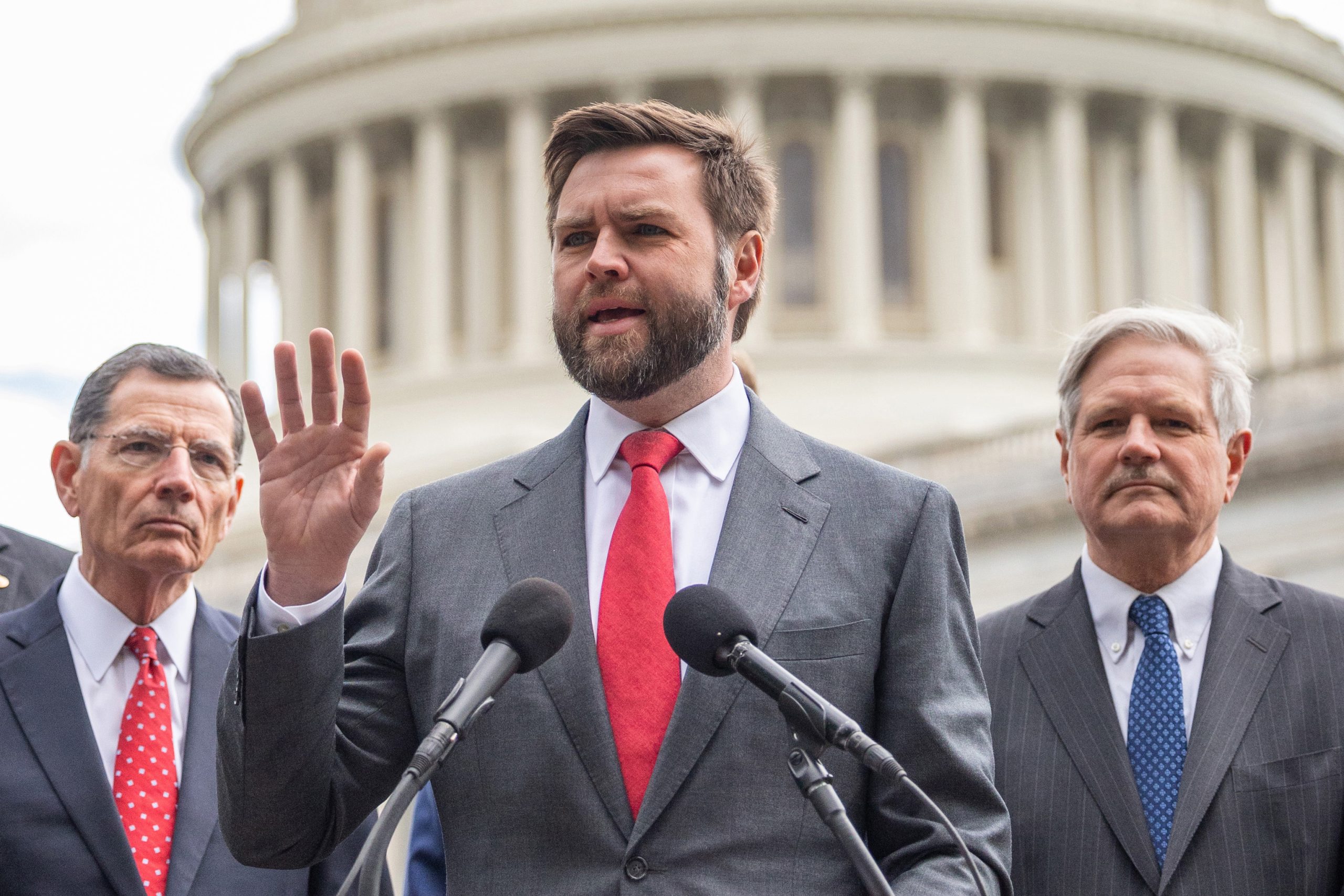WASHINGTON, D.C. – Today, Senator JD Vance (R-OH) questioned SEC Commissioner Mark Uyeda at a Senate Banking Committee hearing. Senator Vance and Commissioner Uyeda discussed concerns that massive asset managers, including Vanguard, BlackRock and State Street, may be violating U.S. securities law by skirting filing requirements in order to mask politicized agendas and actions.
Together, these firms exert an outsized influence on the American economy. They manage approximately $20 trillion in assets, including over a third of all mutual fund assets, and cast, on average, over 25% of votes at S&P 500 companies’ shareholder meetings.
Watch Senator Vance’s exchange here and below:
Senator Vance: “I think a lot of Americans, of course, own shares in index funds. They don’t necessarily realize that when they hand their money over to an index fund, they’re handing their money over to a very active political participant in our economy … Am I right that they use their power as massive institutional investors to effectively direct stewardship activities? And this is the way in which they sort of use and infect their own politics into the management of some of these companies?”
Commissioner Uyeda: “Yes Senator, that’s correct. A lot of the advisors put out their stewardship policies and promote that.”
Vance: “Here’s what I find a little bit weird. There are 13D and 13G disclosures. These index funds, which of these do they file, and why do they file those?”
Uyeda: “My observation is most file on schedule 13G for a passive investor.”
Vance: “13G allows them to avoid disclosure of a lot of their activities, right? So there are a lot of things that you don’t have to put in a 13G that you would have to put in a 13D, is that right?”
Uyeda: “That’s correct.”
Vance: “And do we think that sometimes their activities rise to the level of actually statutorily requiring them to do a 13D disclosure?”
Uyeda: “That would be a concern … That raises questions whether you ought to be filing on 13D rather than 13G.”
Vance: “If they should be filing much more substantive disclosures that actually give the American people insight into how $20 trillion of their money is being spent, and yet they’re filing a 13G disclosure, that probably means there’s something going on. I don’t want to put my tinfoil hat on here too much … but I really worry that there’s a massive part of the American economy that lays hidden from the American consumers and from the lawmakers who represent them. That may be something we should look at.”
###


